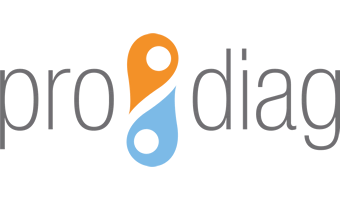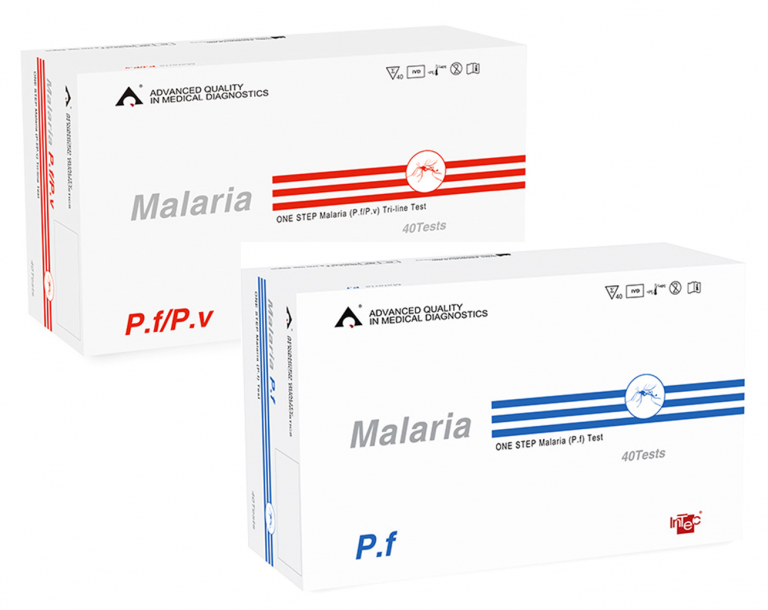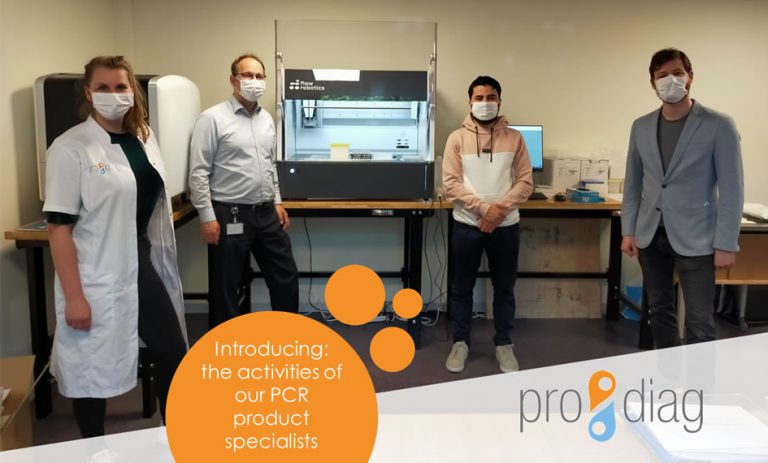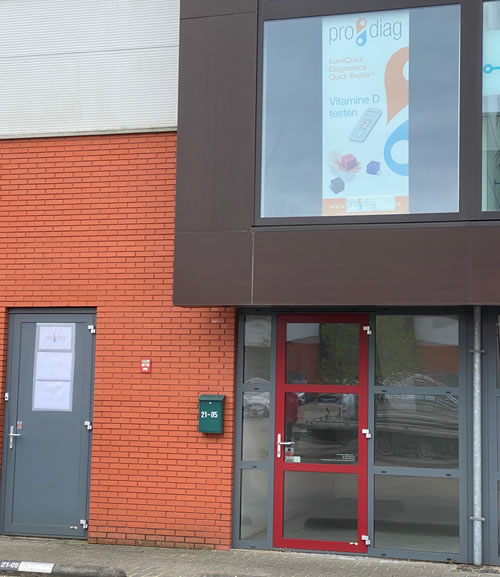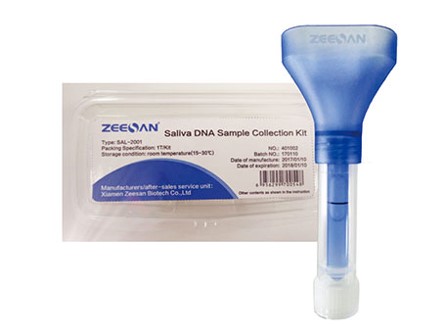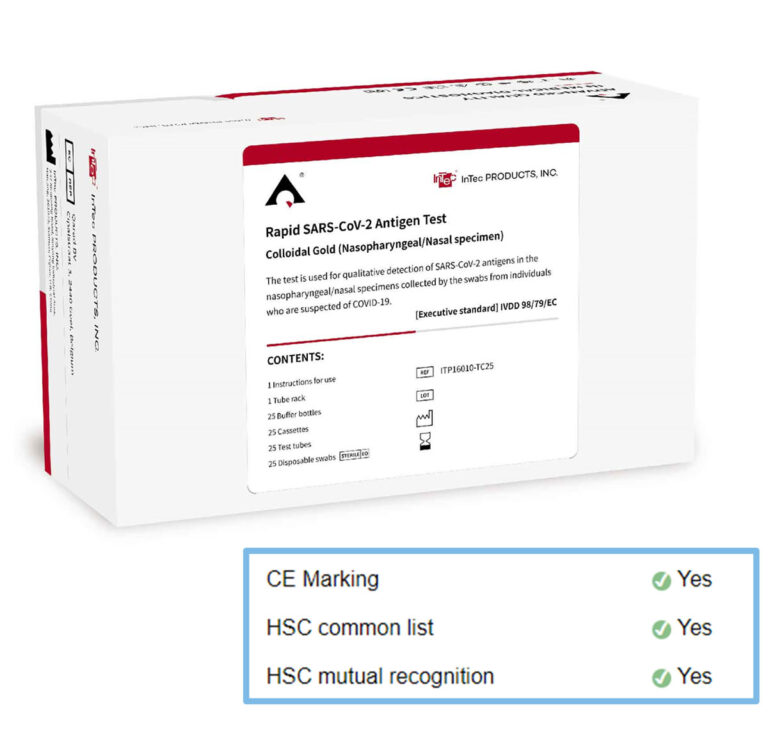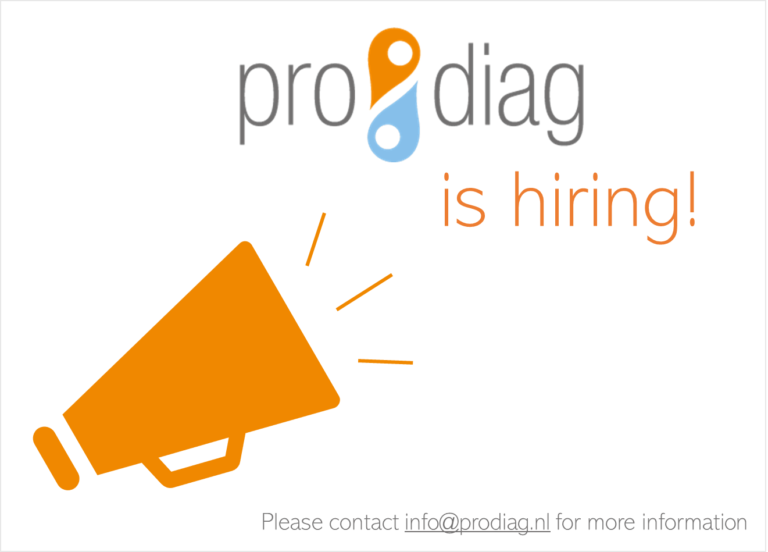Self-testing: the new normal?
It has been the natural order of things for the last two years: self-testing. Chances are, you even have a covid self-test in your home right now. But if we stop to think about it for a second, it is actually quite extraordinary that we have come to get comfortable with them as we did in such a short period of time. This seems to be an interesting and promising development that is about something way larger than Covid-10 alone.
Have you heard?
A little while ago, a BBC-interview with Alex Sheppard (CEO of Vatic, a medical business) appeared on our LinkedIn-page. In this interview, Sheppard said “There is a fascinating opportunity here. Not just in covid but beyond. What we have seen: we have almost trained our entire population in actually using home testing. Pregnancy testing has been normalized for decades. But the idea that you might test for a disease marker in your home seemed completely alien a couple of years ago. I actually wonder whether there are some really interesting public health opportunities here.”
A new perspective
The ever-increasing pressure on our national health care has been an important topic in society for quite some time already. Solutions are often sought in the expansion and support of existing organizations. Because from gp-services to hospital care, all health services are stretched. But what if we would try looking in different directions and thinking in different ways to solve or at least reduce the pressing issue? What if self-testing would become the new normal in our society? Is it possibly a promising step towards a better future in health care?
The trend
The idea behind that question is probably less far-fetched than you would expect. Today, we see a lot of people increasingly conscious of their health, increasingly monitoring and managing their health, and increasingly seeking reassurance. In 2022, humankind seems to prefer to take control of their health and rather not just go and see a doctor at the drop of a hat. Self-tests could be an effective “transitional” solution for that because they are anonymous, quick, and convenient. They often uncover symptoms that otherwise would be ignored, and that helps lowering the threshold to visit a doctor. At the same time, they offer information that allows a person to come prepared and with the right questions for a doctor. Therefore, it is not surprising that self-tests are becoming increasingly popular.
A proactive health care
We have never been more empowered and comfortable testing ourselves than we are now and the positive implications this has for supporting health services are potentially enormous. If people were to accept and embrace the idea of self-testing in the same way that pregnancy tests have been in the last decades, an efficient and decentralized infrastructure will develop in which certain diseases will be triaged and identified in a very early stage. Not only will this have a positive impact on a patient’s care and treatment, but hospitalization rates can also be massively reduced. So, if self-testing in general would become as accessible and self-evident as expected in the near future, that would offer an interesting, promising and exciting future prospect for public health. But this proactive approach towards health care is not one without responsibilities.
The proactive user
Patient federations across the nation have righteously addressed their concerns about self-tests’ quality and the importance of properly informing users. In this ideal image of a proactive health care in which self-testing becomes the new normal, it is important that every user handles it wisely. They should be aware of the reliability, responsibility and risks that come with a self-test. It shouldn’t be causing unnecessary worries or anxiety, and neither should it be used to replace a doctor. Instead, a self-test should be understood as an effective tool that helps shed light on diseases in an early stage, support health care services and allow people to take control over their own health. It is time for a proactive health care. We are excited to help realize it and can’t wait to find out how it will unfold in the future.
It is our daily business to realize a proactive health care. It is our mission to make professional diagnostics available to everyone. In case you are interested in the world of self-testing, you can check out available self-tests here. If you have any other questions, we have a team of motivated people excited to talk to you and tell you all about our mission and products! Click here for more information.
